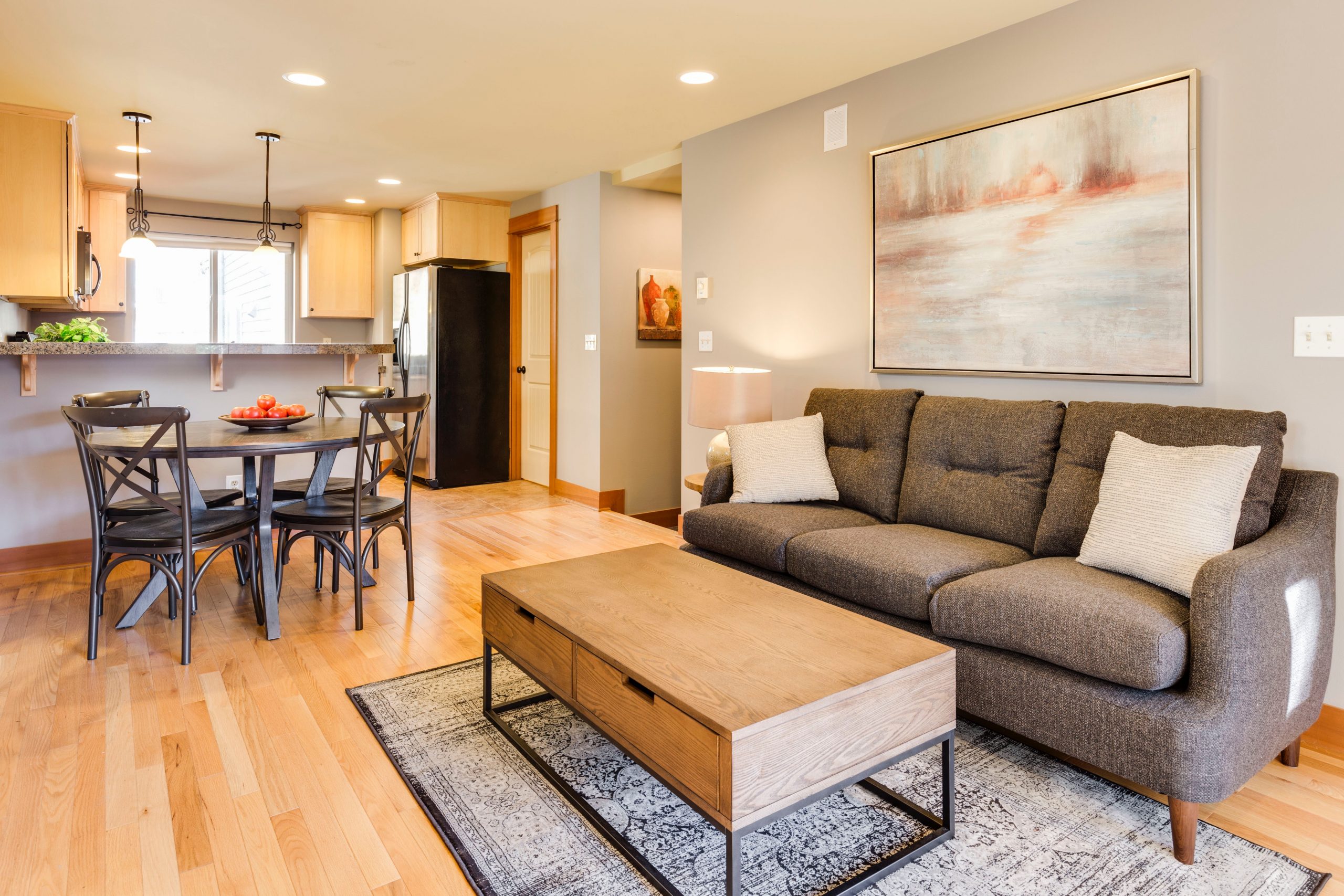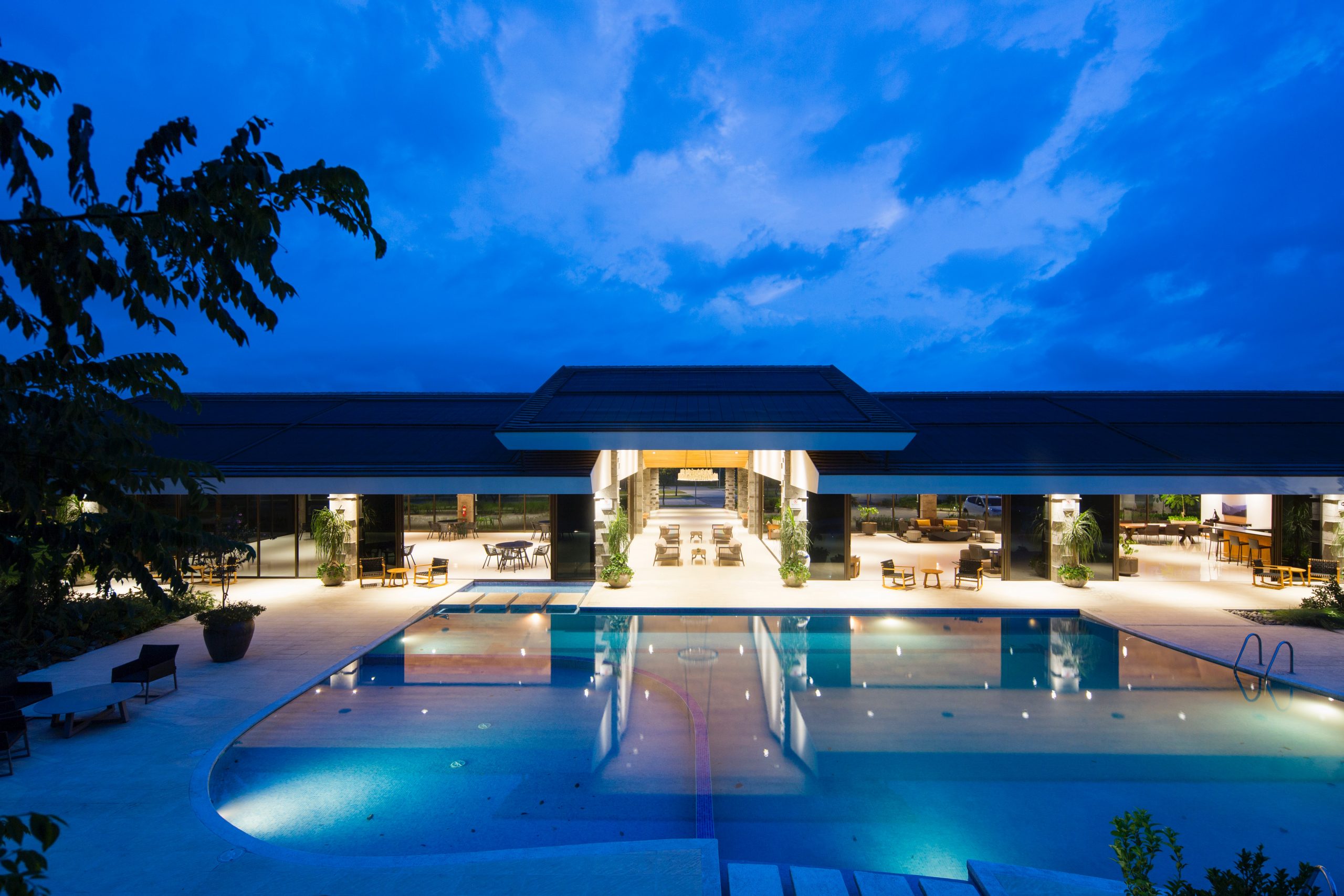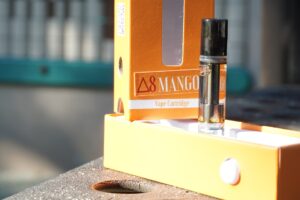
Costa Rica’s laid-back lifestyle and beautiful tropical weather attract tourists and expats like a magnet. Costa Rican real estate is far more affordable than in most of North America, and the added bonus of living in paradise makes the deal even sweeter. This article will teach you all you need to know about buying property in Costa Rica.
Why would someone want to invest in Costa Rica real estate?
Many individuals, like us, have spent time in this magnificent nation and have felt a connection to the pura vida way of life. Costa Rica’s temperate temperature is pleasant all year, and there are a plethora of outdoor activities to choose from. It’s also a highly safe country with good healthcare and robust expat networks that make it seem like home.
We can tell you from personal experience that purchasing beachfront condo tulum for sale property in Costa Rica may be a profitable investment.
Property values have continued to rise year after year, thanks to the influx of tourists and expats. Renting out a Costa Rican investment property might be a great way to supplement your income. Rentals in San José, Escazu, and Santa Ana, for example, often yield roughly 7.5 percent returns.
We purchased a hotel in Playa Avellanas and have firsthand knowledge of the Costa Rican real estate market. Furthermore, my family has lived in Costa Rica for more than 30 years. We enjoy having a base in Costa Rica and were fortunate to have some local knowledge of the purchasing process. Now we’re here to pass on that knowledge to you! Whether you’re buying an investment property, a vacation house, or a company, the same information applies!
 Is it possible for Americans to buy property in Costa Rica?
Is it possible for Americans to buy property in Costa Rica?
Absolutely! The beautiful thing about Costa Rica is that when it comes to property ownership, foreigners and natives have the same rights. Foreigners with a tourist visa can buy property without requiring residency or citizenship.
MLS
There is no MLS system or certified real estate agents in Costa Rica. The sector isn’t as heavily controlled as it is in the United States and Canada. This implies that looking for a home isn’t as simple as going to the MLS and looking at everything that’s for sale. It also makes it more difficult to compare pricing. Less regulation opens the door to potential fraud and “fake” real estate brokers, so it’s critical to do your homework.
Costa Rican property taxes
Costa Rica’s property tax rate is 0.25 percent of the property’s value. As a result, a $200k residence will only be taxed $500 each year. A sliding scale luxury tax applies to residences worth over US$234,000 as of 2020, but it is capped at 0.55 percent. This is still a bargain compared to many sections of North America’s property taxes.
If you’re considering about buying a condo in Costa Rica or in a gated community, keep in mind that condo fees will apply. Security, maintenance, and cleaning are normally covered for $20-$100 per month.
Property with a Title
Any property within the first 50 meters of the high tide line in Costa Rica is considered public land. This indicates it can’t be titled because it’s protected. The Maritime Zone or Concession Land is the next 150 meters above this zone. While foreigners can easily purchase property in Costa Rica, they can only own up to 49% of the land in the Maritime Zone. To put it another way, direct oceanfront property in Costa Rica is frequently out of the question.
You’ll need to employ a real estate attorney to ensure that your prospective home has a valid title. You can conduct your own title search online, but you must first register and acquire the property’s identification number. In Costa Rica, it’s advisable to have a real estate attorney conduct a property title search through the public registry.
The Folio Real is a numbering system in Costa Rica that you should be aware of. The public registry in San Jose has a unique identification number for most properties. This is the system your lawyer will use to gather all of the information on the properties on the market.
Insurance on the title
In Costa Rica, title insurance is available, however it is rarely used. It can be advantageous in some circumstances, but it is also highly costly. If you’re not sure if it’s worth it for you, talk to your real estate agent or attorney.
How to Choose a Costa Rican Real Estate Agent
Because Costa Rica’s real estate market is so unregulated, it can be difficult to tell who is a professional. You never know if someone is a con artist or a neighborhood vendor looking for a quick buck. Keep in mind that people frequently try to sell property that isn’t theirs—or anybody else’s—to sell. As a result, a title search is critical!
The best place to begin is by asking for suggestions for an honest real estate broker or agent with a strong reputation. It’s a good idea to choose an agent that is well-known in the area you wish to buy in and can provide recommendations. It might be as simple as asking around for recommendations in your neighborhood. After that, you can look into the names that appear a few times. Keep in mind that just because an agent speaks English does not guarantee that they will be trustworthy.
Associations of Realtors
You can verify if your agent is a member of any real estate associations in addition to their reputation and recommendations. National and regional associations include the National Association of Realtors, the Costa Rican Real Estate Association, and the Costa Rican Guanacaste Association of Real Estate.
The Buying Process
Overall, the buying process is comparable to that in the United States and Canada, however there are some distinctions.
Examining Properties
To begin, you can search for a home on your own or with the assistance of a real estate professional. Purchasing a home in Costa Rica generally involves a little more legwork than most of us are accustomed to. Take the time to visit the property once you’ve seen some listings that you’re interested in. Check it out on your own or with your agent, and be sure to go over everything thoroughly.
 Buying
Buying
When you’ve found something you want to buy, have your agent draft an offer for you. You’ll then negotiate the purchase price, just like you would with any other property acquisition. Expect this process to take longer than it would back home. Agents in the United States and Canada are riveted to their phones and laptops, while people in Central America aren’t.
Have your real estate attorney draft a formal purchase-sale agreement once the price has been agreed upon. Everyone signs on the dotted line, and then the money for the deposit is transferred. When purchasing real estate in Costa Rica, a 10% deposit is commonly required. You’ll have two weeks to put the funds into an escrow account with the government.
Closing
The closing time is typically 30-60 days after the purchase-sale agreement is signed. If you require financing, you should do it through a bank in your own country. If your Costa Rican bank accounts have a holding period, make sure to plan your wire or money transfer well before the closing date.
The deal will then be officially closed by your real estate attorney. Woohoo! It’s a good idea to hire a reputable real estate attorney who is also a Costa Rican notary public. They have access to the national registry and are the only ones who can make purchases.
Closing fees vary depending on the home’s sale price and the method of transferring ownership. Closing fees are usually paid by the buyer, so keep that in mind while arranging your financing. 3.5 percent of the transaction price is frequently spent on transfer taxes, stamps, and charges. Furthermore, there is a tiered structure for notary costs for every 10,000,000 Colones. To save you the math, this brings the closing costs down to 5-10%.
In terms of real estate commissions, the seller is normally responsible for 5-10% of the commission. Unless you engage a buyer’s agent, buyers will not be responsible for this commission. Unless it’s a for-sale-by-owner listing or a foreclosure, a buyer’s agent will divide the commission with the listing agent.
Buyers and sellers may come to an arrangement to split closing expenses and commissions differently in specific situations. You can divide these extra expenses anyway you like as long as the agreement is mutual.
Registering
The final step is to register your property, either as an individual or as a business. Many people in Costa Rica purchase property through a Sociedad Anónima (SA) or Sociedad Limitada (SRL) corporation, which is similar to an LLC in the United States. Purchasing real estate through a corporation can actually make the process easier. Simply make sure you get a real estate lawyer who is knowledgeable with the process.
Costa Rica Property Financing
When it comes to Costa Rica real estate, bank financing is very different. Traditional mortgages are difficult to come by and are prohibitively expensive. It’s best to finance through your home bank or employ owner financing because they normally charge 10-15% interest.
When you finance a home directly through the seller, this is known as owner financing. This might considerably increase your real estate investment earnings if you’re ever the one selling property in Costa Rica. Keep in mind that property owners are protected by severe rules. If a mortgage is not paid, the seller has the right to take possession of the property.
Expats prefer all-cash sales in many circumstances, notably when purchasing retirement property in Costa Rica. Some people may decide to sell their homes in the United States and reinvest in Costa Rica. Your money goes a lot further in Costa Rica, and property values are steadily rising. This would relieve you of any financial concerns and position you for a solid profit when you decide to sell.
Is it necessary for me to be in Costa Rica for the closing?
It is preferable to sign the closure paperwork in person while in Costa Rica. If you can’t be in the country, a power of attorney can be created for you. On the day of the closure, this will allow someone else to sign paperwork in your place. Many expats will delegate this authority to their agents and lawyers. This is another another situation where having a reliable real estate team is essential.
Where to Look for Real Estate
Because there is no MLS in the country, property shopping is a little different. Many communities offer real estate offices where you may look at local listings or speak with a real estate professional.
Starting your search for a property in Costa Rica in person is the best way to go. You can search listings with a local real estate business once you know the locations you’re interested in. It’s also a good idea to speak with local residents to gain leads on suitable properties.
Although there are several internet services for searching the property market, not all properties for sale will be advertised. Because of this, comparing Costa Rica real estate prices can be difficult. The majority of us are accustomed to being able to view all property kinds in all areas with a single mouse click. Real estate deals in Costa Rica are significantly less transparent.
Before purchasing real estate in Costa Rica, be sure to spend some time seeing the country’s many communities. From the Pacific Ocean to the Caribbean Sea, we’ve compiled a list of the greatest places to live in Costa Rica. Keep in mind that housing prices in Costa Rica vary a lot depending on where you live.
Despite the fact that the average house price in Costa Rica is lower than in the United States, purchasers should conduct extensive research. The Central Valley attracts a lot of expats, however there are many beautiful areas all throughout the country. Outside of tourist areas, owning property in Costa Rica is considerably more fun!
Properties to Invest In
Costa Rica offers a diverse range of investment opportunities. The rental market in larger cities and tourist hotspots can be quite competitive. Rental returns in the province of San Jose, in particular, average 8.6 percent. Costa Rica’s yields are higher than those of its Latin American neighbors, attributable to the country’s booming tourism industry.
Renting out a home or apartment can be a terrific way to supplement your income, but it does take some effort. You’ll need to learn about landlord-tenant property rights and identify suitable tenants. While owning property in Jaco, Costa Rica is appealing, staying in other family-friendly places may be a better option.
Don’t forget about the taxman, too! With an expected 15% in expenses, you’ll have to pay income taxes on any rent you collect. To put it another way, the new tax law deducts 15% of your rental income for expenses and then taxes the rest. As a result, you pay 15% tax on 85 percent of your rental income each month. This equates to $127.50 in monthly income taxes for a $1000 per month apartment.
Property purchases in Costa Rica aren’t confined to investment properties or second homes. Instead, some people choose for land ownership. In the purchasing process, many of the same points and stages apply.
You must ensure that the property is titled and not concession land, just as you would with a house (Maritime Zone land). Unfortunately, non-citizens cannot own oceanfront property in Costa Rica without forming a partnership with a Costa Rican. Before you buy a house, your attorney will check the public record to make sure the title is clear.
When buying land in Costa Rica, the first crucial thing to do is have a survey done. To avoid any disagreements with your neighbors, a surveyor will certify your property boundary lines. The property survey will then be officially recorded with the public registry by your attorney. Even if these types of things come with legal fees, they’re important actions to take!
Also, keep in mind that you can register your land either as an individual or as a corporation. Transfer taxes are 1.5 percent if you register in your own name and afterwards transfer to a corporation. You’ll also have to pay notary fees, which are determined by the property’s value. If you buy land for personal use and then decide to launch a rental property business in Costa Rica, this is something to think about.
 Questions to Ponder
Questions to Ponder
Before putting an offer on land for sale in a location you like, go to the site and ask the seller a lot of questions.
- Is there access to water, power, and sewer on the property?
- Is there access to the internet?
- Is it permissible for you to construct on it?
Even if you work with a real estate agent, it is your responsibility as the buyer to conduct due research.
Last Thoughts
Purchasing a home in any nation may be a stressful and intimidating experience. Investing in land or purchasing a vacation house in Costa Rica, on the other hand, does not have to be. You’ll be on your way to making an offer in no time if you work with a trustworthy real estate agency! Taking advantage of the wonderful weather and the open foreign purchasing regulations provides a fantastic opportunity for investment or a new life in paradise. We hope this information aids you in your search for your ideal home!








